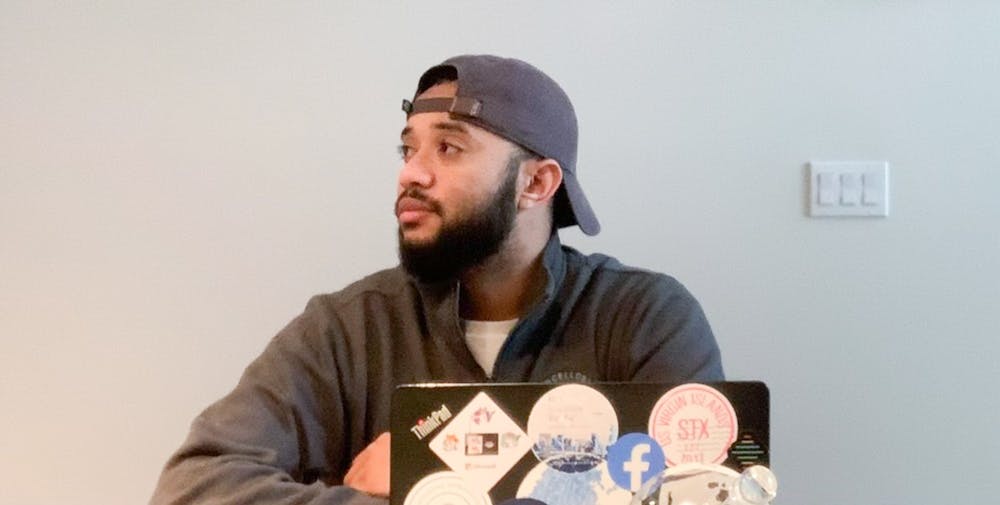Prior to arriving at UNC, 2020 graduate Charlie Helms had only briefly heard about the field of computer science. But when he attended UNC’s admitted students day, he was immediately drawn to the Black and Latinx computer science group that the computer science department advertised.
“I was like, ‘Oh my God, I’m gonna have people that look like me that are coders,’” Helms said. “I’ve never met a Black computer scientist before, so I was like, ‘This is amazing. It’s a perfect match.’”
But after initially struggling in coursework for COMP 110: Intro to Programming at UNC, he began searching for the club that initially drew him to the University. To his disappointment, Helms discovered that the club had been inactive for nearly two years.
For Helms, the next logical step was to start his own organization. And after connecting with Olivia McPhaul, another UNC graduate who now works as a cyber risk analyst at Deloitte, Black in Technology was born.
Black in Technology has planned numerous events to support Black UNC students in STEM and collaborated with other groups, including Xcel, queer_hack and the National Society of Black Engineers.
The organization has also planned events with companies including Cisco and Microsoft, hosted Black software engineers and developers to talk to BiT members about their experiences working in those roles and offered opportunities for resume workshops and mock interviews.
“These are things that we need to help connect us with these professionals,” Helms said. “Putting your application in a portal is only seeing so much, but when you’re in person talking to them, it’s changing the game completely.”
After one event with Cisco, some members got internship and full-time job offers — including one of McPhaul’s closest friends.
“He said to me: ‘This is what I see as my dream job. I am doing something that I enjoy, so thank you for having this opportunity,’” she said. “Hearing something like that and actually seeing it come to fruition was amazing.”



